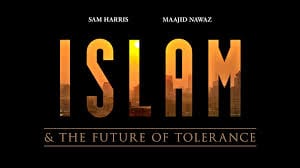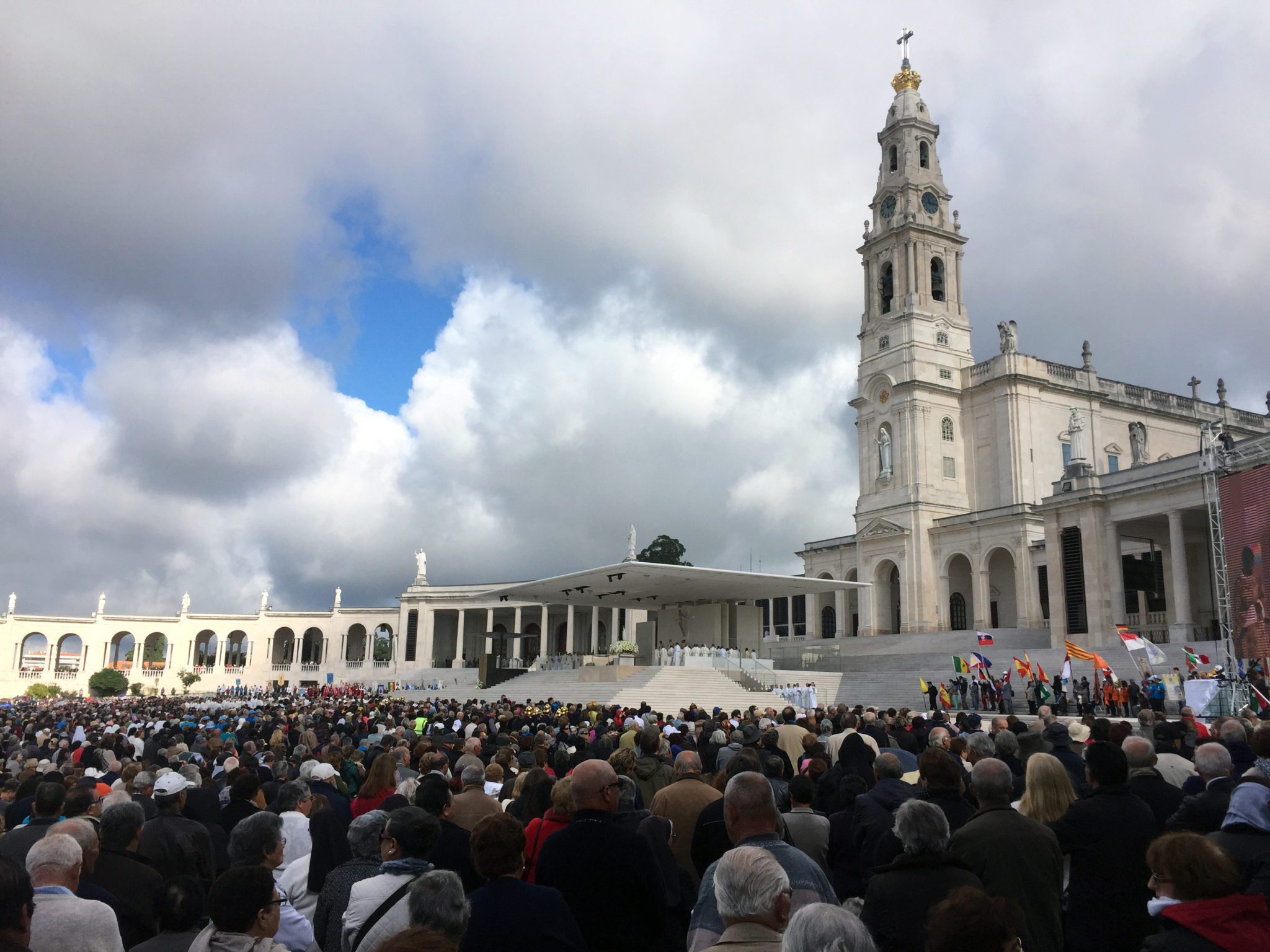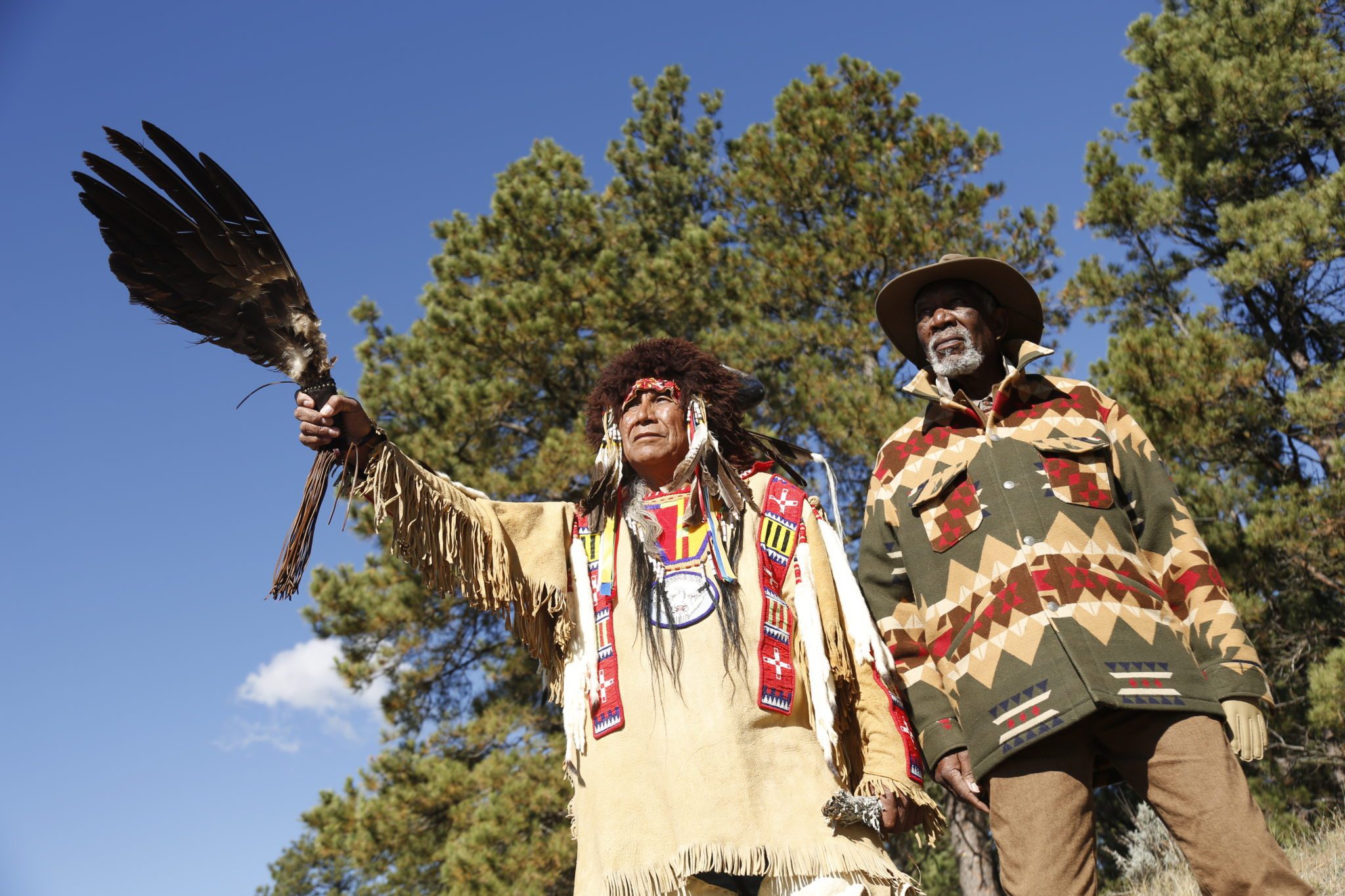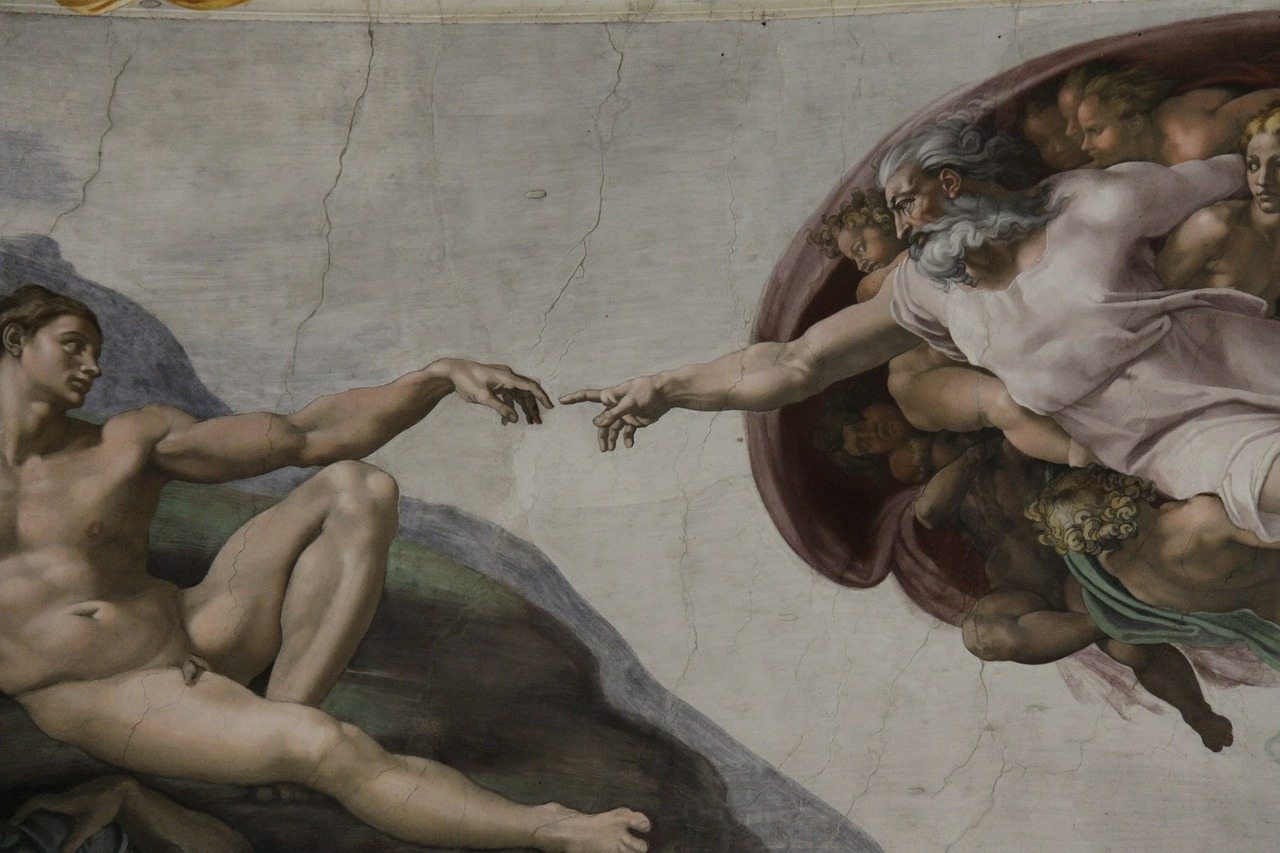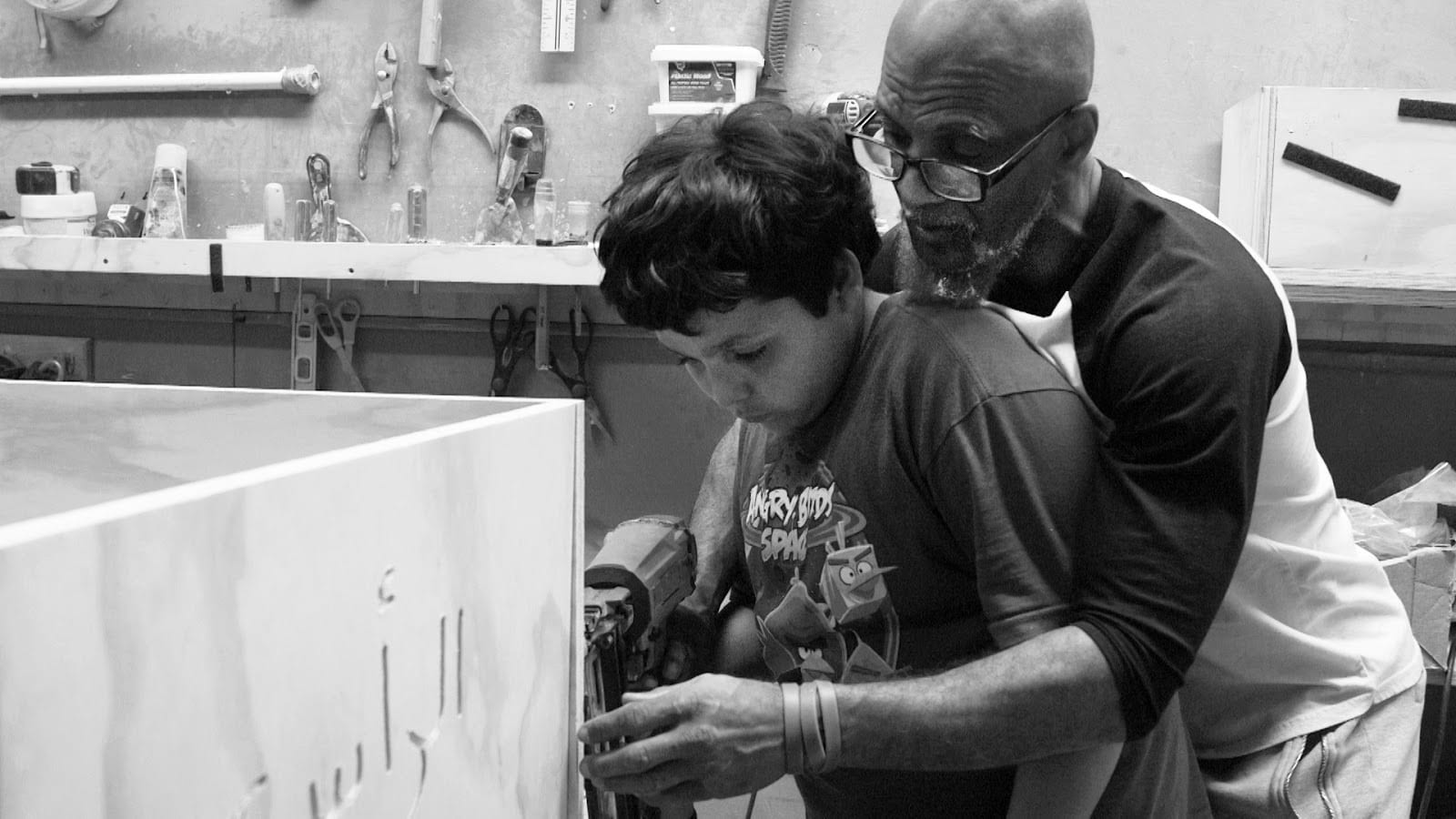
Two Gods – Who Will You Follow?
?Surely we belong to God and to Him we shall return.? In Zeshawn Ali?s Two Gods we see the struggles of people dealing with violence in their lives and neighborhoods. The documentary set mostly in Newark, New Jersey, focuses on Hanif, a Muslim casket maker and ritual body washer. Hanif knows the dangers of the…

